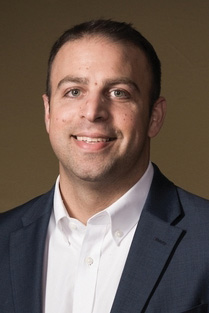AUTHOR DETAILS
MFS Creates Opportunities in the Midst of COVID-19 Pandemic
National distributor pivots quickly to stave off financial impact of coronavirus shutdowns. I’ve always been a very optimistic person. Optimistic people are also risk takers. We just see opportunities where others see issues. Upset customer? Let’s prove ourselves beyond belief. Slow moving product? Try a new market and see what we discover. There’s not much that will slow me down. I have to say, COVID-19 almost did. A national health
From Salesman to CEO
Drive, thick skin and a customer-focused approach propelled Brandon Guzman’s quick rise in the industry. You could say I grew up fast. I was a latchkey kid from Puerto Rico with a single mom. I didn’t have any rules. If anything, that fueled my drive to create something, succeed at something. After moving to Cleveland, Ohio, with my mother, I attended a local Catholic school and was always searching for










